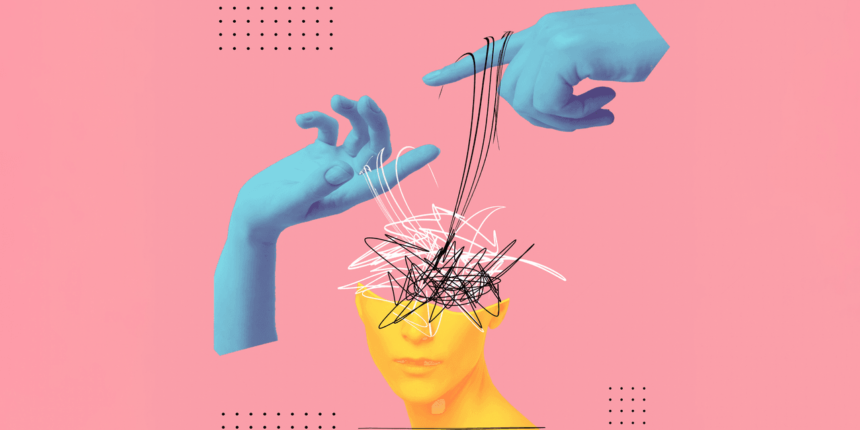Therapy is often hyped up as the ultimate fix for any mental health concern. So if you’ve ever walked out of a session thinking, Well, why didn’t it do anything for me???, we get your frustration. Maybe that emotional breakthrough moment (like in Good Will Hunting) never happened. Or even after opening up, you still feel as if you’ve made zero progress.
After a disappointing experience, it’s easy to second-guess whether you’re somehow “too broken” to be “fixed,” or if your problems are too big for even for a licensed professional to tackle. But these assumptions aren’t accurate, Esther Boykin, LMFT, founder of Group Therapy Associates in Washington, DC, tells SELF. The reality is, mental health support looks different for everyone—and what works for one person may not be helpful for another.
So if you’re feeling left out (or let down), we asked the therapists themselves for some of the most common reasons why—and how to set yourself up for a better experience.
1. You haven’t found the most helpful type of therapy.
Therapy is often painted as this scene where you lie on a couch, spill your guts, and magically get all the answers from an expert. But, as you’ve probably figured out by now, it’s not that simple…or straightforward.
When it comes to your treatment options, there are actually tons of different approaches to fit both your mental health concerns and your needs as a client. If your appointments have been feeling like unproductive vent sessions, you might appreciate approaches such as cognitive behavioral therapy (CBT) or dialectical behavioral therapy (DBT), which focus on learning actionable skills and coping mechanisms. Or if chatting alone isn’t helping you work through your childhood wounds, you might look into eye movement desensitization and reprocessing (EMDR), a unique way to recall traumatic memories and reduce their intensity. And even if talk therapy isn’t your thing, you’ve still got alternatives like art therapy or body-centered somatic practices to consider.
It’s also true that “certain concerns and diagnoses have what we call a ‘golden standard’ of care,” Annabelle Dortch, PsyD, a licensed psychotherapist based in Los Angeles, tells SELF. For instance, exposure therapy tends to be the go-to for obsessive-compulsive disorder. For many, though, “a lot of it will depend on your personal preference,” Dr. Dortch adds—something you can absolutely ask your current or potential therapists about. (After all, they’re trained to know about the differences and recommend what’s best for you.)
2. You didn’t see the “right” therapist.
On that note, modality isn’t the only thing that influences a positive match. According to Boykin, finding a good therapist is kind of like dating. Just because it didn’t work once doesn’t mean relationships generally aren’t for you. Rather, “this person simply isn’t a good fit,” she explains—and that same logic applies to meeting a provider who helps you grow, too.
At baseline, you should feel safe, not judged, and comfortable opening up to this person, Dr. Dortch says. Of course, the types of therapies they’re trained in greatly influence whether you’ll mesh, but little factors can play a role, too—personality differences (maybe you’re looking for someone who’s calm and soft-spoken, and this one is a bit too high-energy), communication style (perhaps your ideal practitioner is direct and blunt—no positive fluff), or just the overall vibe. Without that rapport, both experts agree it can be tough to be comfortably you.
3. You’re holding back.
To get the most out of your sessions, you’ve got to be honest and vulnerable, Boykin says—something that’s easier said than done. To give you an example: Maybe you’re ranting about how your partner raised their voice at dinner…while conveniently leaving out that, technically, you hurled the first few insults and constantly interrupted them, too.
Read the full article here



